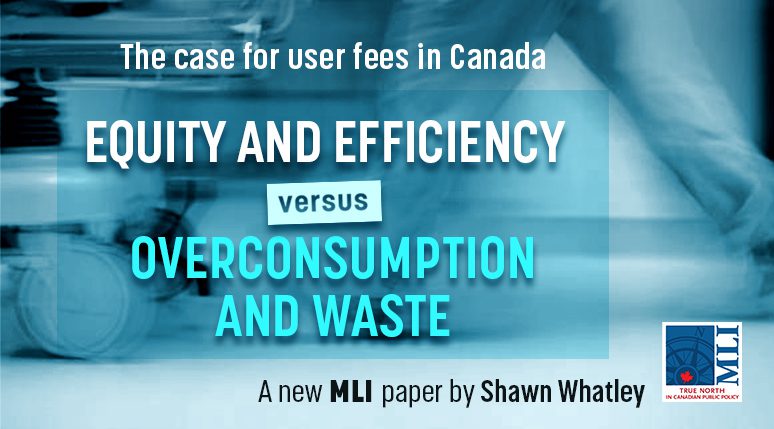 By Shawn Whatley
By Shawn Whatley
July 21, 2022
Executive Summary
Medical therapies differ in value and impact. In Canada, patients assume they can ask for whatever care they desire, as many times as they want. Doctors can order whatever patients request or appear to need. Neither patients nor doctors have to worry about value or cost. Voters expect the state to pay for it all as “medically necessary” care. Currently Canadian medicare looks like the Wild West of health insurance. We can blame doctors, but we have no way of holding patients accountable for their decisions.
This is the crux of the issue. Overconsumption (“all-you-can-eat” care) decreases welfare in a system struggling to provide timely access for real needs such as cancer treatment, joint replacement, and emergency care. Aside from objective medical needs, medicare has no way to sort out patients who fall in the middle between obvious and frivolous. The system offers care to as many patients as possible and puts the rest on a waiting list, some of whom really do need care and come to harm through waiting.
At its heart, Canadian medicare was designed as an insurance system. Insurance pools risk. Imagine, for example, a disease costs $100,000 to treat and carries a 1-in-1000 chance of getting it. A group of 1000 people should expect that one person in their group will get the disease and require the $100,000 treatment. Insurance works by collecting $100 from each person in the group to cover the cost of the one person who gets sick. This concept works well for objective disease. But no insurance system in the world funds all-you-can-eat care. Care is either rationed by the consumer, through a co-payment process, or it is cut behind the counter, through waiting lines and rationed resources.
At some point Canada will have to admit that rationing care is a necessary part of all health insurance. Either rationing is up front, where patients get a say, or it is hidden, and patients suffer the decisions that others make on their behalf. User fees give patients the opportunity to decide whether they can go without service, instead of leaving the decision to a panel of experts who know nothing about a patient’s symptoms.
Two arguments in support of user fees seem especially relevant for Canada now. First, user fees decrease the likelihood that patients who want low-impact care will show up in the first place. This leaves more capacity for those who need it and greater efficiency overall. Second, user fees enhance equity and promote the common good. Properly structured, user fees balance the burden, which helps sustain the welfare state.
Some see user fees as “dangerous, reckless, and ineffective” or as a tax on the poor and sick. Back in 1984, Canada essentially eliminated user fees with the enactment of the Canada Health Act (CHA). However, the decision in the CHA to eliminate user fees was made without good evidence. Within months of Canada closing down debate on user fees in 1984, the US-based RAND Corporation published the first randomized control trial on user fees, which showed that user fees do not have a negative effect on health. Newer studies show the same thing.
Most countries use some form of patient cost-sharing: user fees, co-payment, co-insurance, or deductibles. Many countries use them all. The most frequent argument against user fees is that patients who cannot afford the fee will forego necessary care. Yet, for this reason, modern user-fee programs in Organisation for Economic Co-operation and Development (OECD) countries have robust exemptions for children, the elderly, the poor, and those with chronic illness.
Health insurance companies did not invent user fees to achieve wealth redistribution or to raise money. Insurance companies developed user fees to improve efficiency, decrease moral hazard, and improve horizontal equity. Depending on how user fees are designed, they can help achieve any number of broader social goals – including wealth redistribution. But if we conflate user fees with wealth redistribution, we will either avoid instituting user fees for fear of unfavourable redistributive ends, or we will pursue them to achieve those ends. Either way, we will miss the point of why user fees were invented in the first place.
The body of evidence around health insurance has transformed what we thought we knew when Canada abandoned user fees over 35 years ago. Other countries have addressed and solved the arguments against fees. Around the world, most countries now use fees as a better approach to curbing overconsumption than rationing alone. User fees work to improve efficiency and equity. It is time for the federal government to explore how provinces could employ user fees within the broader environment of the CHA.






